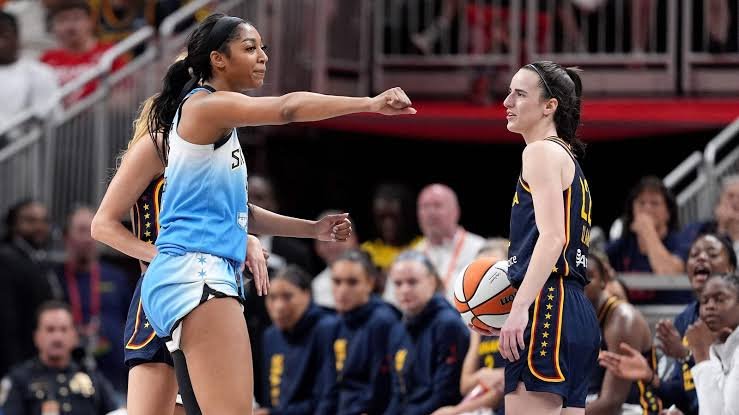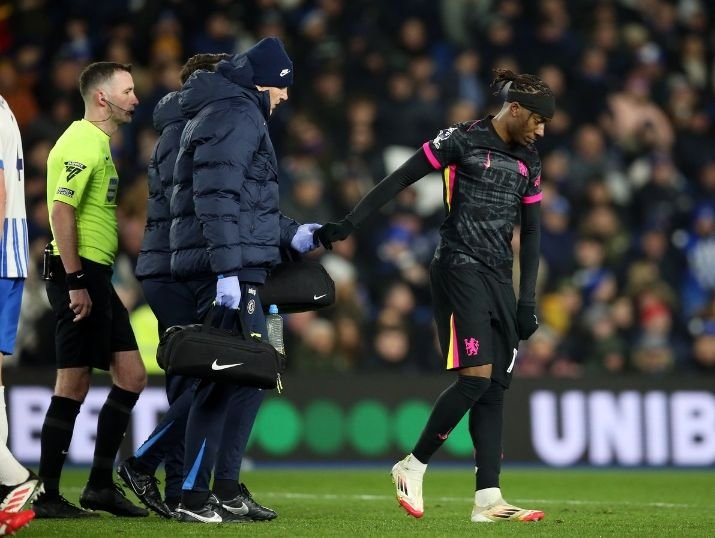
In a recent interview, Angel Reese, the LSU standout forward, shared her frustration over what she perceives as biased media coverage of the women’s NCAA basketball season. Reese, who played a pivotal role in leading LSU to a national championship, pointed to Caitlin Clark’s overwhelming media spotlight as a key factor in her podcast’s lackluster performance. The two players, who have been the subject of heated debates and rivalry following their respective teams’ clash in the 2023 NCAA Championship game, now find themselves at odds over the way their accomplishments are represented.
Reese’s podcast, launched in the aftermath of LSU’s championship win, was expected to garner significant attention, given the momentum from the team’s triumph and Reese’s own rise to prominence. However, despite her success, the podcast’s reception has not lived up to expectations. In her latest comments, Reese expressed frustration that the media continues to focus on Clark’s achievements, even as she led her own team to a national title. Reese claimed that while Clark’s talent and performance are undeniable, the disproportionate media coverage has overshadowed other deserving players, including herself.
A core part of Reese’s argument centers on what she perceives as a longstanding bias in the media. She explained that while Clark’s performances throughout the season were sensational, there was a noticeable lack of attention given to LSU’s achievement in the championship game. Despite Reese’s significant contributions in the title run, including her powerful performances and dominant presence on the court, Clark’s post-game comments and her national popularity continued to drive media narratives.
Reese’s comments have sparked debates about media bias, not just in basketball, but across sports. Critics argue that the spotlight on Clark is not necessarily an example of favoritism but rather a reflection of her exceptional skills and captivating personality, which resonate with a wide audience. However, supporters of Reese believe that women’s sports as a whole suffer from uneven media coverage, where certain athletes receive more visibility due to factors that go beyond athletic merit. The argument of “who gets the spotlight” often turns into a conversation about broader systemic issues in sports media.
As the rivalry between Reese and Clark continues to evolve, the conversation about media bias is only growing louder. Both players have undeniably left their mark on the sport, but how they are portrayed in the media will continue to shape their legacies. For now, Reese’s frustration serves as a powerful reminder of the need for equitable coverage in women’s sports, encouraging fans and analysts alike to reconsider how they engage with athletes beyond the headlines. Whether this dynamic will shift remains to be seen, but it is clear that the battle for media fairness is just as intense as the competition on the court.




